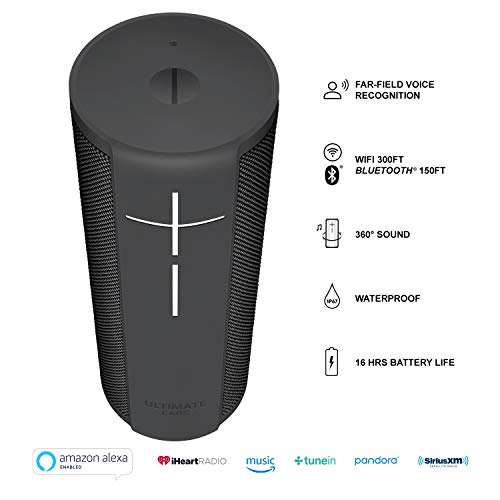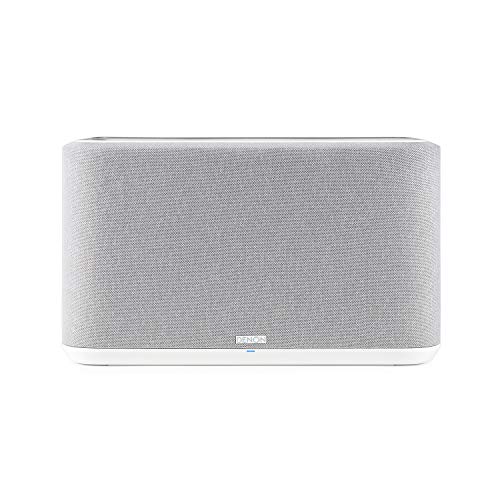The glorious audio experience of surround sound comprised of the best speakers often comes with its problems. Those who have taken the daunting leap of hooking up a surround sound system know that it’s not easy to get things right on the first go-around. So, below, we offer a guide on how to make all speakers work on surround sound.
KEY TAKEAWAYS:
- The finest surround sound speakers need to be placed correctly to sync all sound waves appropriately.
- Access the AV receiver settings to adjust frequencies and calibrate every individual speaker.
- A good rule is to start at 80Hz and slightly change each speaker until the sound is good.
And if you want to consider camouflaging your surround sound speakers, we have a great article covering how to install in-wall speakers. Moreover, you’ll want to compare LG vs Samsung soundbars, in case you want to get one of those, too.
Making Speakers Work on Surround Sound
The issues that arise with surround sound systems are many. Below, we’ll go over a couple of these and address what you can do to fix them. And if, for some reason, you have a set of surround sound speakers and nothing to power them, we have a great resource on how to make an amplifier for speakers.
Insider Tip
If the problem you are running into is that there is no bass coming through, the most common solution is adjusting the crossover frequency.
Check All Speaker Connections and Settings
After setting up your surround system, the first thing to do is check all the audio channels on the amp and make sure the speaker wires are in place. You’ll also want to check if the speakers are working. This checkup includes power cables and the connection of every speaker cable attached to a terminal.
Once you’ve checked the connections, go to the receiver settings and run some tests. Then, play around with the individual speaker settings to see if that changes anything. You’ll also want to test the speakers and ensure they’re wired correctly.
Rear Speakers Aren’t Working
If you find that all the speakers work well except for the surround speakers (also known as rear speakers), there are a few things you can try. First, move the listening position around and see if that changes anything. Then, go into the receiver settings and adjust the crossover frequency.
Front Speakers Aren’t Working
A common issue with front speakers is the development of distorted sound. If this is the case, go again into the surround sound receiver settings and try turning it to around 80Hz. Again, try to adjust the settings and reposition the speakers to see if that changes anything.
Adjust the Height Speakers
If you’re having a problem with the height or ceiling speakers, you should first adjust their position. This particular speaker can create awkward waves within the sound field, so fidgeting with the position can do much good.
Warning
Using a too thick wire can lead to heat resistance which can cause fires, so be sure to use the correct gauge wire when setting up your surround sound system.
F.A.Q.S
Should the rear speakers be louder than the front speakers?
The answer depends on whether it sounds better this way or not. Sometimes it might work, but this shouldn’t be considered a rule.
What is the best way to hide surround sound speaker wires?
There are many available methods and products to help hide wires. For example, you can run wires through the walls or ceiling, hide them in the baseboards, or use floor covers to keep them in place.
Given the amount of work surround sound takes to set up, is it worth it?
If you are an audio or cinephile who craves having the best possible sound quality, surround sound is the only way to experience your favorite music and movies. However, if this is less important to you, you might be better off with a different setup.
STAT: It’s estimated that about 25% of the time, the problem with the surround sound is that the volume isn’t turned up enough. (source)
REFERENCES:
- https://www.audioreputation.com/speakers-work-on-surround-sound/
- https://www.resolutionacoustics.com/how-to-make-all-speakers-work-on-surround-sound/
- https://www.sony.com/electronics/support/articles/00024519r
- https://www.soundboxlab.com/hometheaters/speaker/how-to-make-all-speakers-work-on-surround-sound/
- https://www.themasterswitch.com/10-common-home-theater-problems

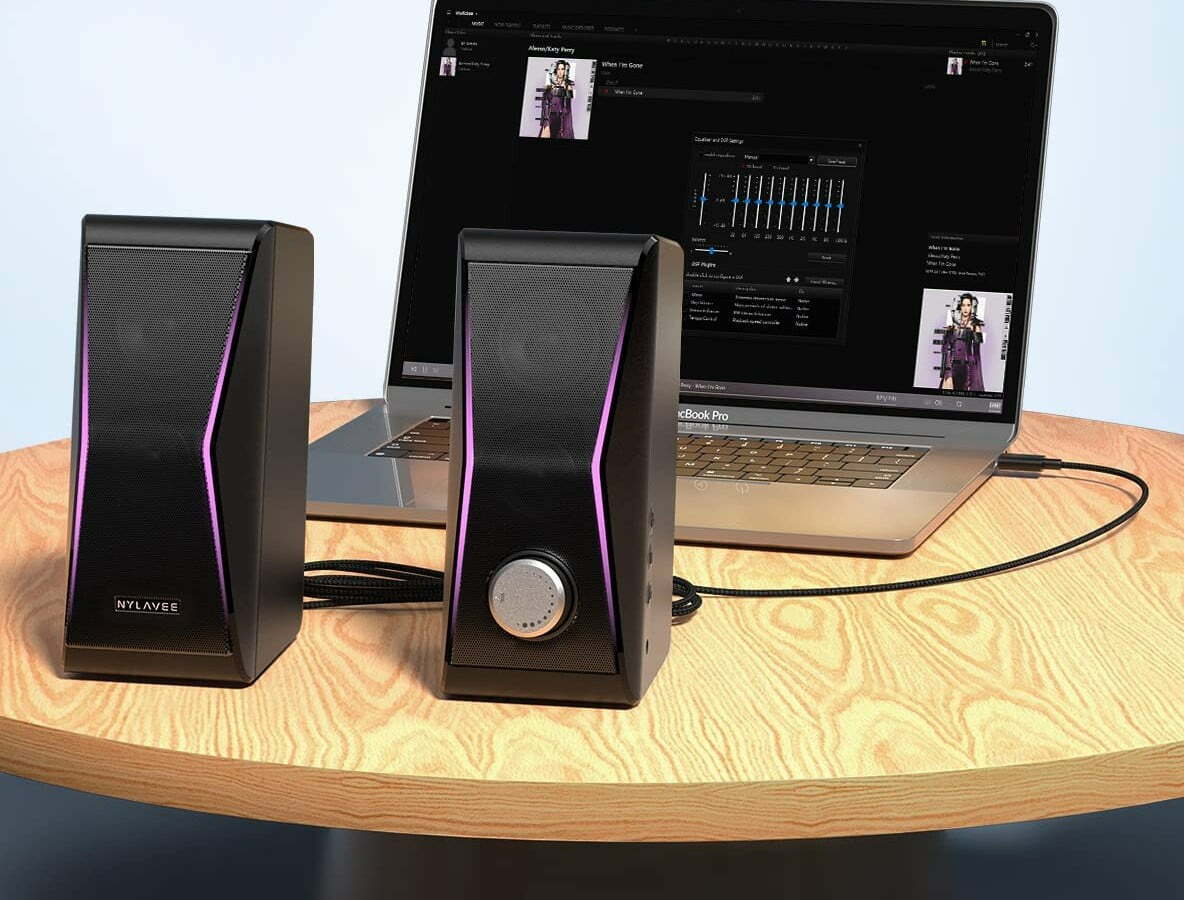













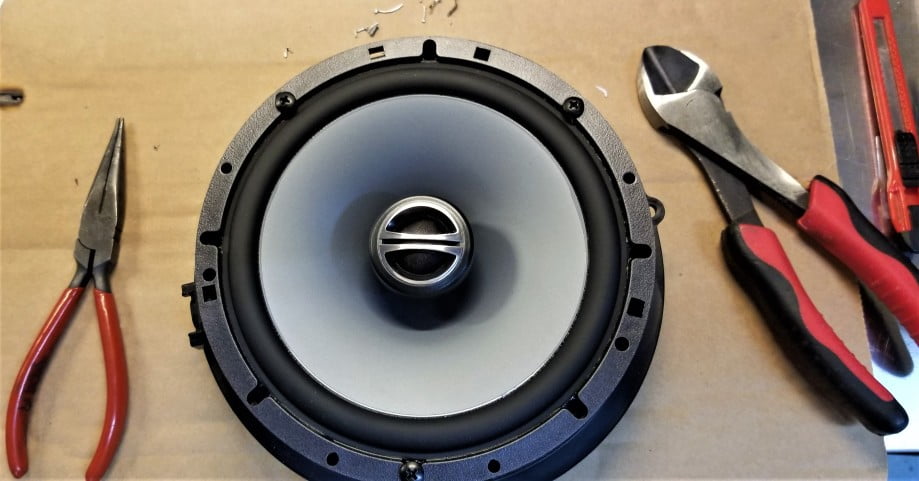
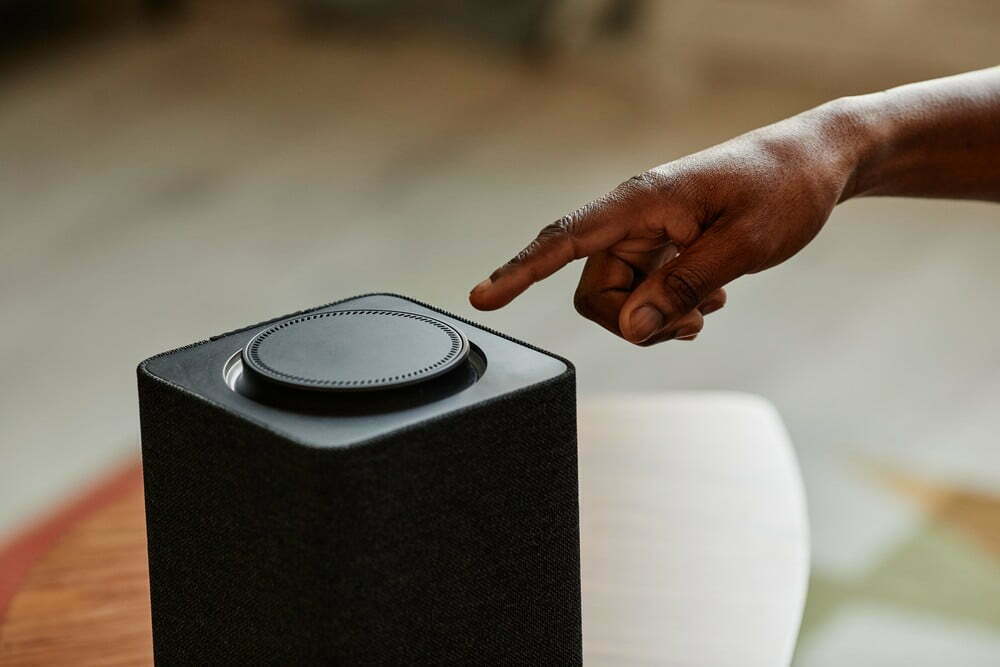
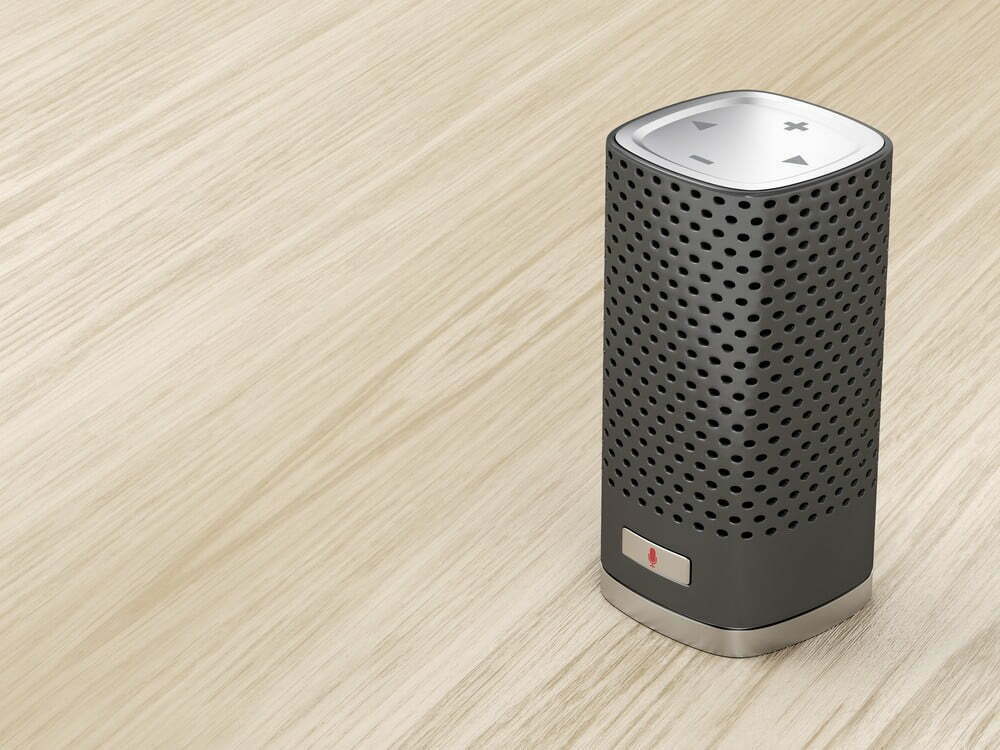


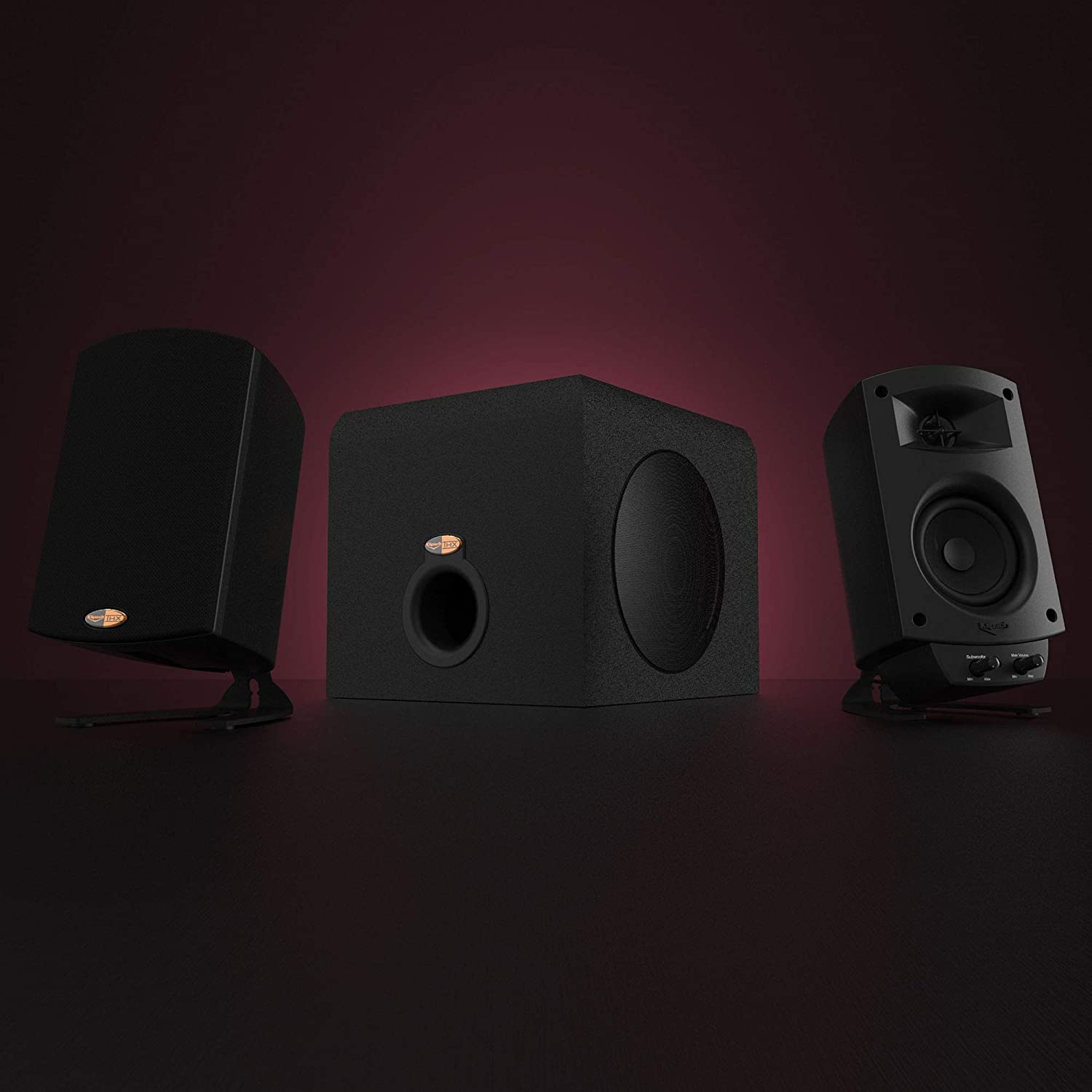




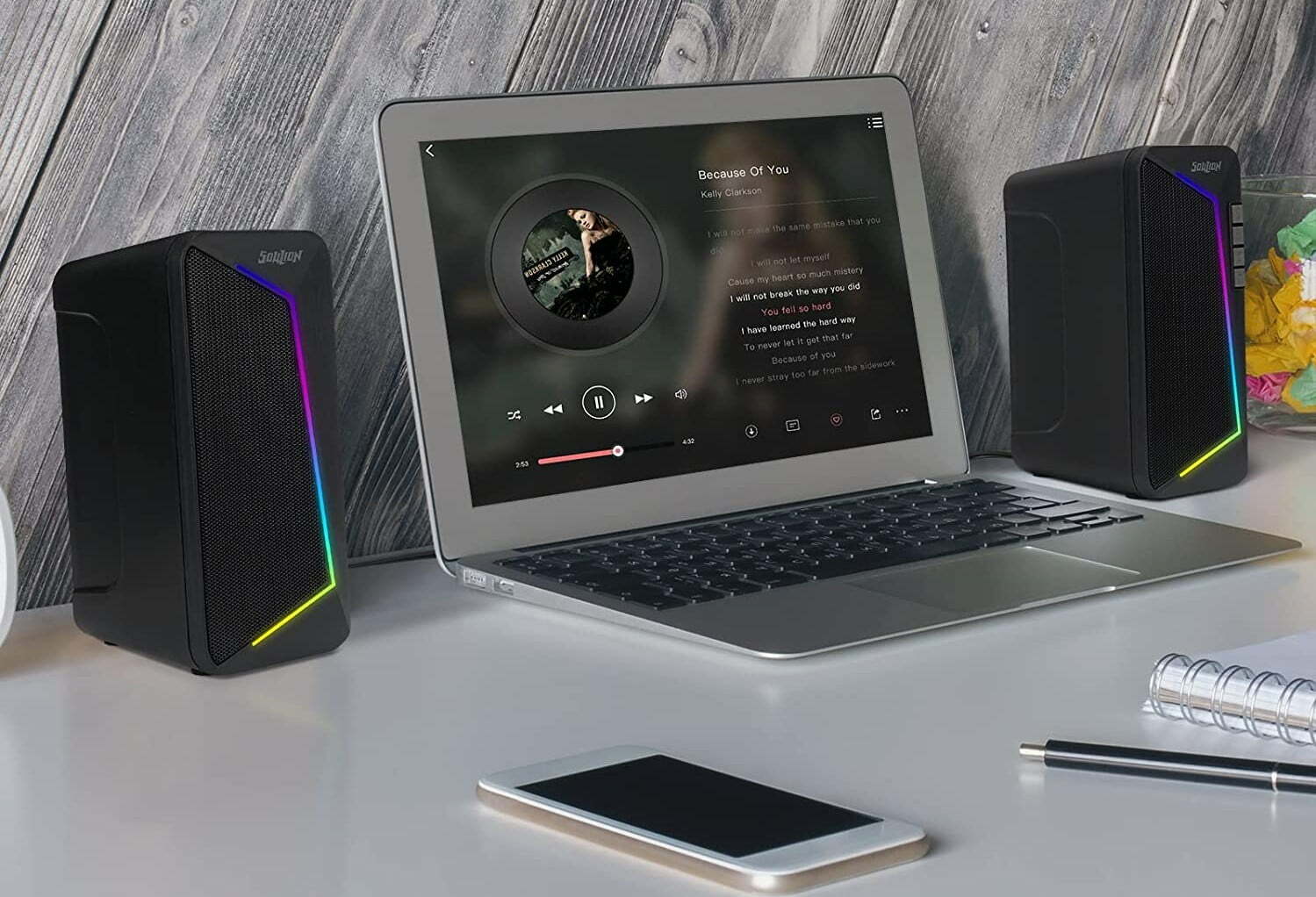
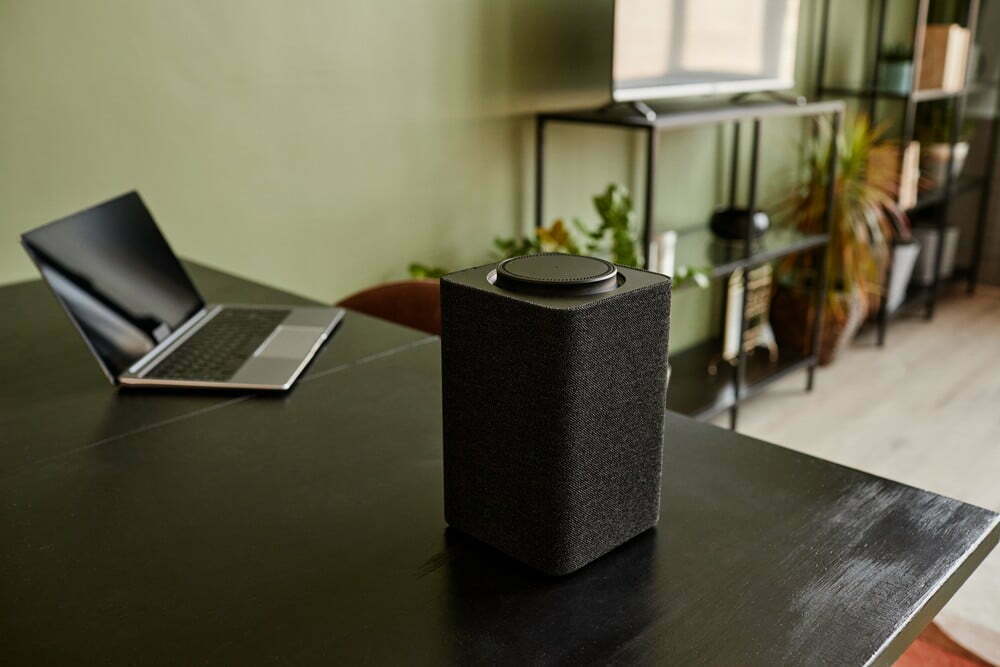





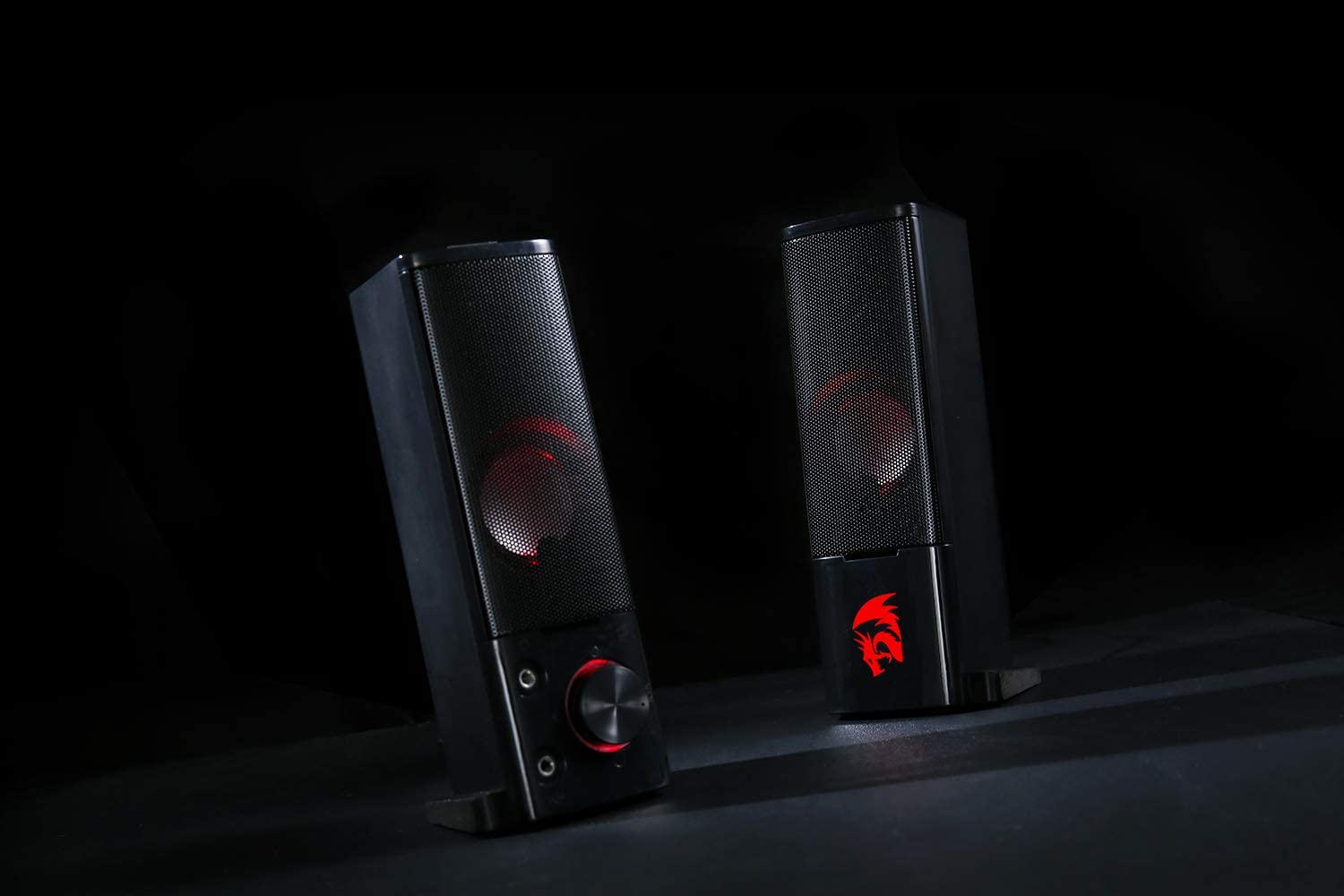
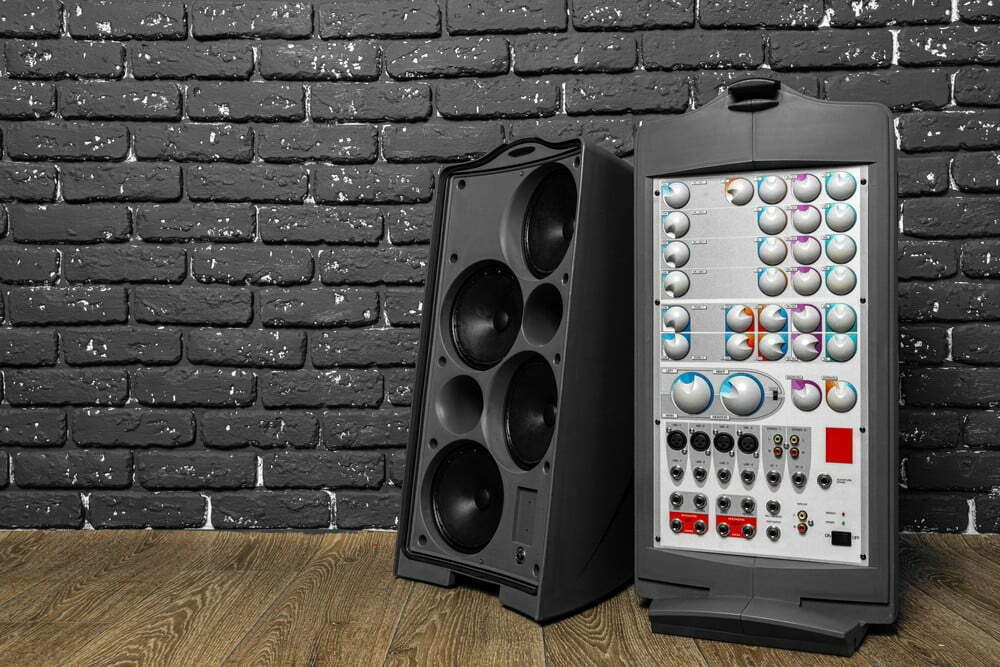
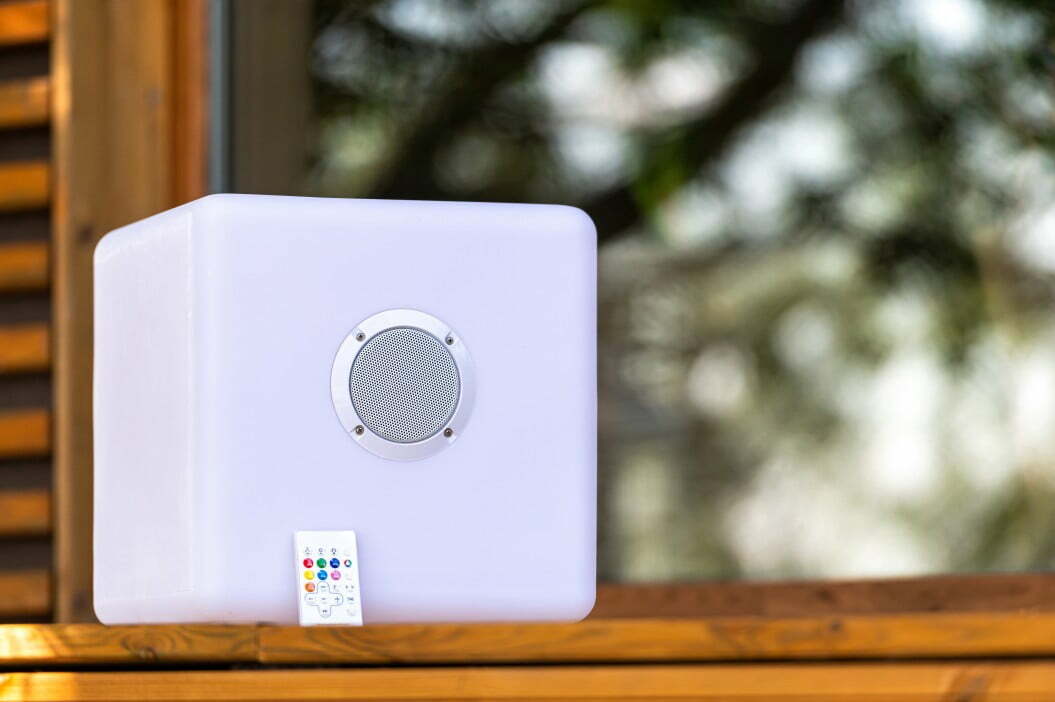
![Best Powered Speakers in [year] 27 Best Powered Speakers in 2026](https://www.gadgetreview.dev/wp-content/uploads/best-powered-speakers-image.jpg)
![Best Stereo Speakers in [year] 28 Best Stereo Speakers in 2026](https://www.gadgetreview.dev/wp-content/uploads/best-stereo-speakers-image.jpg)
![Best SoundBar in [year] ([month] Reviews) 29 Best SoundBar in 2026 (January Reviews)](https://www.gadgetreview.dev/wp-content/uploads/best-soundbar-image.jpg)
![Best Subwoofers in [year] ([month] Reviews) 30 Best Subwoofers in 2026 (January Reviews)](https://www.gadgetreview.dev/wp-content/uploads/best-subwoofer-image.jpg)
![Best TableTop Radio in [year] ([month] Reviews) 31 Best TableTop Radio in 2026 (January Reviews)](https://www.gadgetreview.dev/wp-content/uploads/best-tabletop-radios-image.jpg)
![Best 8 Inch Subwoofers in [year] 32 Best 8 Inch Subwoofers in 2026](https://www.gadgetreview.dev/wp-content/uploads/best-8-inch-subwoofer-image.jpg)
![Best Surround Sound Systems in [year] 33 Best Surround Sound Systems in 2026](https://www.gadgetreview.dev/wp-content/uploads/best-surround-sound-system-image.jpg)
![Best Laptop Speakers in [year] 34 Best Laptop Speakers in 2026](https://www.gadgetreview.dev/wp-content/uploads/best-laptop-speakers-image.jpg)
![Best Wireless Surround Sound Speakers in [year] 35 Best Wireless Surround Sound Speakers in 2026](https://www.gadgetreview.dev/wp-content/uploads/best-wireless-surround-sound-image.jpg)
![Best Bose Speakers in [year] 36 Best Bose Speakers in 2026](https://www.gadgetreview.dev/wp-content/uploads/best-bose-speakers-image.jpg)
![Best Home Stereo Systems in [year] 37 Best Home Stereo Systems in 2026](https://www.gadgetreview.dev/wp-content/uploads/best-home-stereo-system-image.jpg)
![Best WiFi Speakers in [year] 38 Best WiFi Speakers in 2026](https://www.gadgetreview.dev/wp-content/uploads/best-wifi-speakers-image.jpg)
![Best Wireless Home Theater Systems in [year] 39 Best Wireless Home Theater Systems in 2026](https://www.gadgetreview.dev/wp-content/uploads/best-wireless-home-theater-system-image.jpg)
![Best Party Speakers in [year] 40 Best Party Speakers in 2026](https://www.gadgetreview.dev/wp-content/uploads/best-party-speakers-image.jpg)
![Loudest Bluetooth Speakers in [year] 41 Loudest Bluetooth Speakers in 2026](https://www.gadgetreview.dev/wp-content/uploads/loudest-bluetooth-speaker-image.jpg)
![Best Car Speakers for Bass in [year] 42 Best Car Speakers for Bass in 2026](https://www.gadgetreview.dev/wp-content/uploads/best-car-speakers-for-bass-image.jpg)
![Best Marine Speakers in [year] 43 Best Marine Speakers in 2026](https://www.gadgetreview.dev/wp-content/uploads/best-marine-speakers-image.jpg)
![Best JBL Speakers in [year] 44 Best JBL Speakers in 2026](https://www.gadgetreview.dev/wp-content/uploads/best-jbl-speakers-image.jpg)
![Best Home Theater Speakers in [year] 45 Best Home Theater Speakers in 2026](https://www.gadgetreview.dev/wp-content/uploads/best-home-theater-speakers-image.jpg)
![Best Waterproof Speakers in [year] 46 Best Waterproof Speakers in 2026](https://www.gadgetreview.dev/wp-content/uploads/best-waterproof-speaker-image.jpg)





